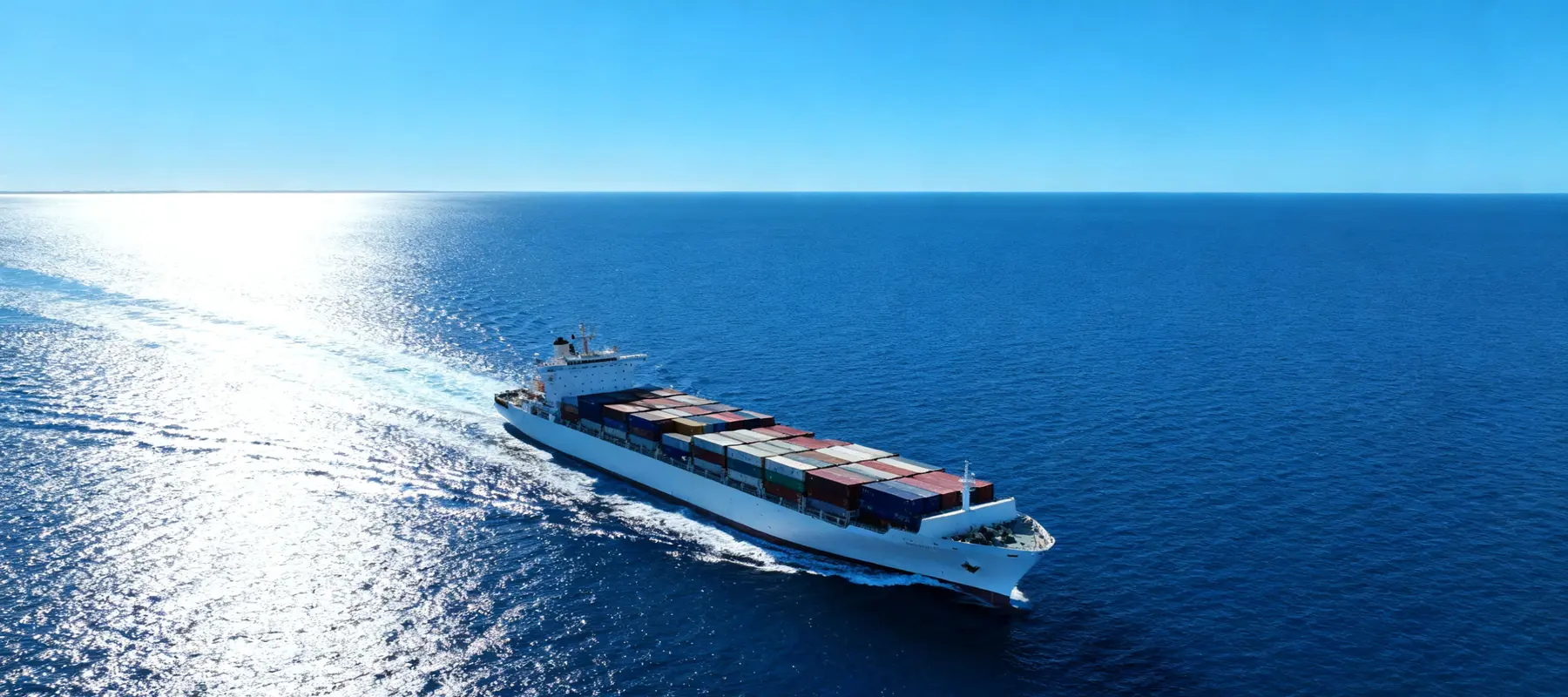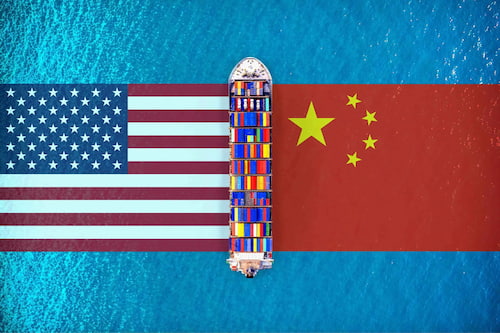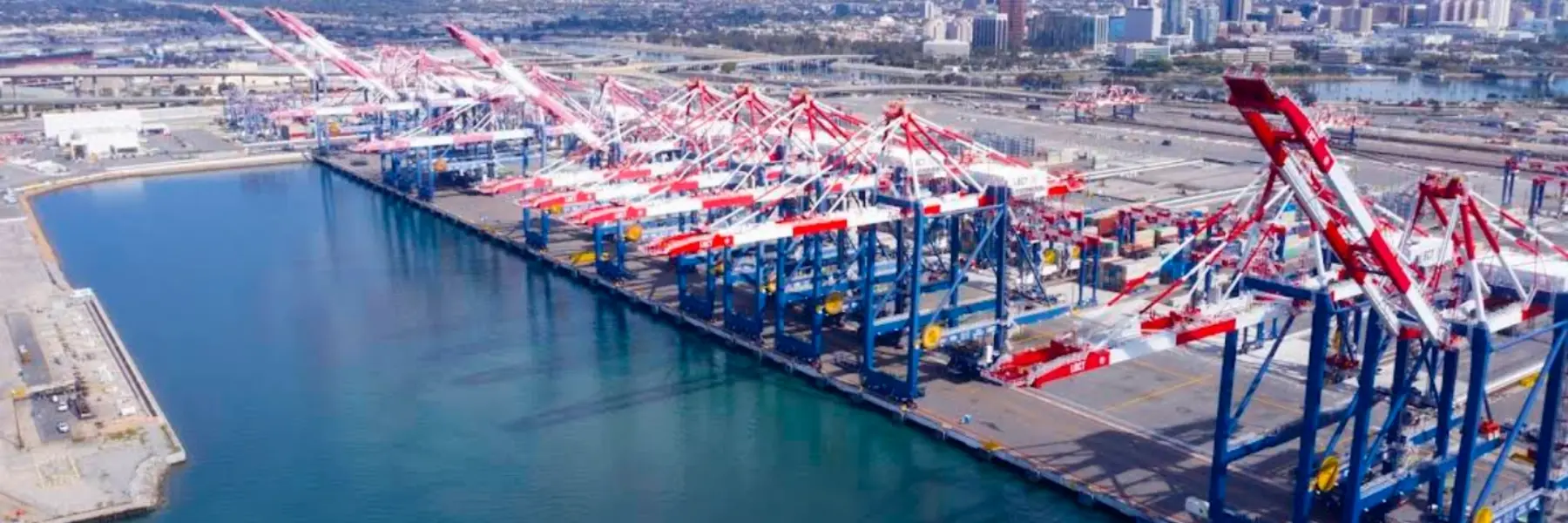 Complete Guide to Shipping from China to Berkeley: Rates, Schedules & Customs Tips
Complete Guide to Shipping from China to Berkeley: Rates, Schedules & Customs Tips
Berkeley, a vibrant city in California’s San Francisco Bay Area, is renowned for its world-class education (UC Berkeley), tech innovation, sustainable industries, and thriving retail scene—making shipping from China to Berkeley a vital link for local businesses, academia, and consumers. As an inland city with no direct international seaport, cargo from China first arrives at nearby West Coast international seaports (Port of Oakland, Port of San Francisco) before moving 15–30 minutes inland via truck to Berkeley’s industrial zones, university campuses, and commercial districts. Whether importing tech components, educational equipment, green energy products, or consumer goods, understanding Ocean FCL, Ocean LCL, Ocean Freight, Airfreight costs, seasonal ship schedules, and Bay Area-specific customs rules is critical to optimizing your supply chain. Partnering with a trusted China Freight forwarder like WanHaoFreight forwarder simplifies these steps, cutting costs and mitigating delays from Pacific weather or port congestion. This guide covers everything you need to know about shipping from China to Berkeley.
Ocean Freight from China to Berkeley: FCL vs. LCL
Ocean Freight is the backbone of shipping to Berkeley, accounting for over 75% of shipments—driven by its cost-effectiveness for bulk goods and alignment with the city’s tech, education, and sustainable industries. Cargo follows a “hub-and-spoke” model: first to major West Coast international seaports, then inland to Berkeley via dedicated trucking. It is split into two primary modes: Ocean FCL (Full Container Load) and Ocean LCL (Less than Container Load).
Ocean FCL: Ideal for Bulk Tech & Educational Cargo
Ocean FCL involves booking an entire shipping container (10+ cubic meters/CBM) for exclusive use, perfect for Berkeley’s tech startups importing hardware components, UC Berkeley sourcing laboratory equipment, green energy firms receiving solar panels, or retailers restocking bulk inventory. Key benefits include faster transit (no consolidation waits), lower damage risk (sealed containers protect sensitive tech gear and precision instruments), and predictable pricing—including inland transport from Oakland/San Francisco to Berkeley.
Rates for Ocean FCL from China to Berkeley depend on three factors: Chinese origin port, U.S. hub seaport choice, and container size. The most common sizes are 20-foot (20GP) and 40-foot (40GP/40HQ). From Shanghai Port (a top international seaport), a 20GP container to the Port of Oakland (Berkeley’s closest international seaport) costs $1,600–$2,400, plus $100–$200 for truck transport to Berkeley (a 20-minute drive via I-80). A 40HQ container (high cube, ideal for bulky solar panels or lab equipment) ranges from $2,100–$3,100, plus $150–$250 for inland transit. From Shenzhen Port (another major international seaport), ocean rates to Oakland are $110–$270 cheaper, thanks to frequent trans-Pacific sailings optimized for West Coast tech cargo. Seasonal peaks (August–October, ahead of UC Berkeley’s academic year and holiday retail) raise ocean rates by 18–28%, while off-peak (January–March) offers 10–15% savings.
WanHaoFreight forwarder specializes in Ocean FCL solutions for shipping from China to Berkeley. Their team negotiates competitive rates with West Coast carriers (Matson, Hapag-Lloyd, COSCO)—experts in Bay Area routes—and partners with California-based trucking firms (familiar with Bay Area traffic corridors) for expedited delivery to Berkeley’s tech hubs and university campuses. For businesses with recurring shipments (e.g., monthly tech component restocks), WanHaoFreight offers long-term contracts to lock in combined ocean-inland costs, shielding against seasonal price volatility.
Ocean LCL: Cost-Saver for Smaller Shipments
If your cargo is less than 10 CBM (e.g., small-batch e-commerce goods for Berkeley’s boutique stores, replacement tech parts, educational supplies for UC Berkeley departments, or sustainable consumer products), Ocean LCL is the optimal choice. With Ocean LCL, your goods are consolidated with other shippers’ cargo at the Chinese origin port or U.S. hub seaport, spreading costs across parties—critical for Berkeley’s startups, small businesses, and academic departments.
Ocean LCL rates from China to Berkeley are calculated by chargeable weight (whichever is higher: actual weight or volume weight). From Guangzhou Port (a key China Freight forwarder hub), rates to the Port of Oakland are $70–$110 per CBM, plus $80–$180 for truck transport to Berkeley. For example, shipping 5 CBM of sustainable skincare products (for Berkeley’s eco-friendly boutiques) from Guangzhou to Berkeley would cost $350–$550 (ocean to Oakland) + $80–$180 (inland) = $430–$730. Additional fees include consolidation ($45–$85), documentation ($25–$45), and hub seaport handling ($65–$95). Unlike many freight forwarders, WanHaoFreight provides all-inclusive quotes—no hidden surcharges for Bay Area bridge tolls or last-mile delivery to university campuses.
Transit time for Ocean LCL is 25–33 days (18–24 days ocean to hub seaport + 3–9 days inland), compared to 21–27 days for FCL. For non-urgent cargo—such as pre-semester educational supplies or seasonal retail inventory—LCL offers unbeatable value for small-scale shipping from China to Berkeley.
Ocean Freight Schedules: China to Berkeley
Ship schedules to Berkeley are tied to weekly sailings from major Chinese ports to West Coast hub seaports, with routes optimized for the Bay Area’s tech and education supply chains.
Weather is the primary schedule variable: Pacific storms (November–February) can delay ocean sailings by 2–5 days, while summer fog (June–August) may cause brief port congestion in Oakland/San Francisco. WanHaoFreight forwarder provides real-time ship tracking for both ocean and inland stages, including Bay Area traffic alerts, enabling Berkeley businesses to adjust delivery plans proactively. To secure preferred sailings—especially for pre-semester educational equipment—book 3–4 weeks in advance.
Airfreight from China to Berkeley: Speed for Urgent Cargo
While Ocean Freight dominates for bulk shipments, Airfreight is indispensable for Berkeley’s urgent needs—such as emergency tech components for startups, life-saving medical supplies for university hospitals, time-sensitive research equipment for UC Berkeley, or last-minute retail inventory. Berkeley relies on two key airports: Oakland International Airport (OAK, 15 miles away) and San Francisco International Airport (SFO, 25 miles away), with short ground transport to the city.
Airfreight Rates & Transit Time
Airfreight rates from China to Berkeley depend on weight, flight type (direct/non-direct), and airport choice:
For example, shipping 100kg of emergency lab equipment from Shanghai to Berkeley would cost $350–$590 (direct to OAK) + $30–$70 (local delivery) = $380–$660, or $270–$490 (non-direct via LA) + $40–$80 (ground transport) = $310–$570.
WanHaoFreight forwarder partners with airlines serving the Bay Area (United, Delta, China Southern) to secure priority cargo space—critical during UC Berkeley’s academic deadlines or tech startup product launches. They also offer temperature-controlled Airfreight for sensitive research materials and door-to-door service, covering cargo pickup from Chinese warehouses to final delivery at Berkeley’s labs, offices, or retail stores.
Customs Clearance for Berkeley-Bound Cargo
Customs clearance for shipments to Berkeley occurs at Port of Oakland/Port of San Francisco (Ocean Freight) or OAK/SFO (Airfreight), managed by U.S. Customs and Border Protection (CBP). Non-compliance can lead to costly delays, especially for time-sensitive research or tech cargo. Below is a breakdown of key requirements:
Required Documentation
WanHaoFreight forwarder assists in preparing and reviewing these documents to eliminate errors. For instance, missing FCC certification for tech components can delay clearance by 4–6 days—their team has deep expertise in Berkeley’s tech and academic regulations and collaborates directly with regulatory bodies to expedite approvals.
Tariffs & Duties
Tariffs on goods from China to Berkeley are determined by HS codes. Key examples for local industries:
Duties are calculated as a percentage of the goods’ FOB (Free On Board) value. Berkeley has no local import taxes, but California state sales tax (7.25%) applies to goods sold within the state. WanHaoFreight forwarder also assists with duty drawback programs—businesses re-exporting goods from Berkeley (e.g., tech components to Canada) may qualify for a refund of duties paid.
Compliance Checks
CBP prioritizes inspections on high-risk cargo:
To avoid delays:
WanHaoFreight forwarder partners with third-party testing labs in China to verify compliance before shipping, reducing inspection risk by 45–55%—a critical advantage for Berkeley businesses and academic institutions operating on tight deadlines.
How to Choose the Right Freight Forwarder for Shipping from China to Berkeley
Berkeley’s unique mix of tech, education, and sustainable industries—paired with the Bay Area’s complex logistics—demands a freight forwarder with regional expertise, industry knowledge, and transparent pricing. Here’s why WanHaoFreight forwarder stands out:
1. Specialized Expertise in China-Berkeley Routes
WanHaoFreight has over 12 years of experience shipping to Bay Area cities like Berkeley. Their team understands West Coast seaport operations, Bay Area traffic patterns, and local industry needs—from prioritizing research equipment for UC Berkeley to coordinating tech component deliveries for startups. They leverage alternative routes if highways are congested, ensuring on-time delivery.
2. Transparent Pricing & Easy Get A Quote Process
WanHaoFreight’s user-friendly “Get A Quote” tool lets you input cargo details (size, weight, type, urgency) and receive a personalized, all-inclusive quote within 24 hours. The quote breaks down ocean/air costs, inland transport, customs fees, and permit charges—no hidden surprises or last-minute add-ons.
3. End-to-End Support
WanHaoFreight handles every step of the logistics journey:
Whether you need Ocean FCL for bulk solar panels, Ocean LCL for small-batch e-commerce goods, or Airfreight for emergency lab equipment, their dedicated team provides real-time updates via phone, email, or their online tracking portal.
Conclusion
Shipping from China to Berkeley doesn’t have to be complex—with the right knowledge and a trusted partner like WanHaoFreight forwarder, you can optimize costs, meet tight academic and business deadlines, and avoid customs headaches. Leverage West Coast international seaports for cost-effective Ocean Freight (FCL for bulk, LCL for small shipments) or regional airports for fast Airfreight. With WanHaoFreight’s Bay Area expertise, transparent pricing, and easy “Get A Quote” process, you can focus on growing your Berkeley business or advancing academic research while they handle the global logistics. Ready to streamline your shipping? Contact WanHaoFreight today for your personalized China-to-Berkeley shipping solution.
 Easy Shipping From Global, Save Cost
Easy Shipping From Global, Save Cost














